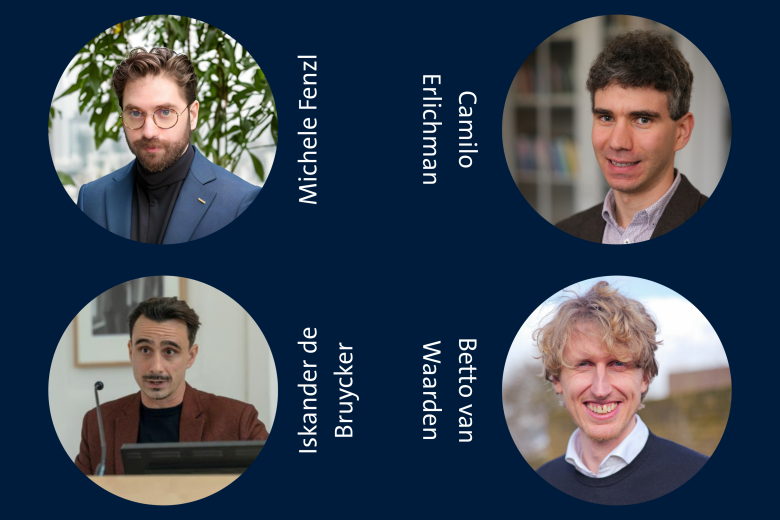Obesity requires a personalised approach
Wednesday 4 March is World Obesity Day, when doctors and researchers draw attention to the dangers of being overweight. Obesity is a complex problem with no clear-cut solution. Experts agree, however, that it requires customised healthcare and guidance. Dr Gijs Goossens of the Department of Human Biology at the Maastricht UMC+ studies metabolic disorders in overweight and obese people. Using contemporary techniques, he examines how individual health status can be harnessed to develop more personalised interventions.
Obesity remains a growing problem in Western society. No less than half of the Dutch population is overweight (BMI between 25 and 30), and some 14% of Dutch adults are obese (BMI>30)*. In South Limburg, these figures are slightly higher: around 52% of adults are overweight and 16% are obese. But overweight is not caused simply by an unhealthy diet and a lack of exercise. “Lifestyle factors like these play an important role in preventing and treating obesity,” Goossens says, “but other factors are involved too, such as sleep, stress, medication, stigma and psychological factors.”
Personalised interventions
The recommended treatment for obesity is usually a diet or some other form of nutritional intervention. Such interventions are often administered generically, despite not necessarily being effective for everyone. “Sometimes an intervention works for one person but not for another. We want to know why that is in order to develop a more personalised approach. Our research tries to pinpoint exactly what happens in the different organs: the composition and functioning of our intestinal bacteria, the metabolic process in the liver, fat tissue and skeletal muscles. As soon as we can identify impairments at the level of the individual, we can administer a personalised intervention. In the PERSON study (www.person-studie.nl), we’re currently examining whether a more personalised nutritional intervention leads to a stronger metabolic improvement.”
Insulin resistance
Better mapping of the metabolism is also known metabolic phenotyping. Consider the example of insulin resistance, a phenomenon found among many overweight and obese people. Insulin resistance lowers the effectiveness of the hormone insulin, which the pancreas releases after a meal. This in turn hampers the regulation of sugar levels, leading to an increased risk of type 2 diabetes. Goossens’s research group demonstrated that levels of insulin resistance not only vary from person to person, but can also vary from organ to organ. The skeletal muscle may be more sensitive to insulin than, say, the liver and fat tissue (or vice versa). “This may explain why people respond differently to the same intervention.”

Health status
The bodies of two people who are both overweight can develop differently over the years. ‘Organ-specific’ insulin resistance is one example; fat distribution and fat storage in the organs is another. As a result, one person will have a higher risk of complications (type 2 diabetes, high blood pressure, cardiovascular disease) than the next. “Ultimately, we’re trying to identify groups based on the specific health status of the individual”, says Goossens. “That can help dieticians and nutritionists to come up with appropriate nutritional interventions. In the future, we hope to be able to determine a person’s health status from a drop of blood and then administer a targeted intervention.”
*Source: Statistics Netherlands (CBS) in collaboration with the National Institute for Public Health and the Environment (RIVM).
Also read
-
Four FASoS researchers awarded NWO XS grants
How do lobbyists use disinformation to sway policymakers? Who gets to shape the historical narrative of occupation and violence? Does growing inequality change the way citizens think about politics? And how have politicians defended “truth” across a century of media revolutions?
-
Reducing the Digital Divide: Empowering Students to Train, Evaluate, and Use AI Text Models
The Maastricht Law and Tech Lab, together with the Brightlands Institute for Smart Society (BISS), obtained a € 100.000 a Comenius Senior Teaching Fellow grant.
-
Green school playgrounds boost concentration and wellbeing
Children at schools with green playgrounds are better able to concentrate and display more social behaviour. This is the conclusion of a follow-up study within the long-running project The Healthy Primary School of the Future .